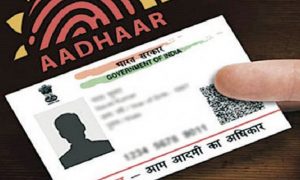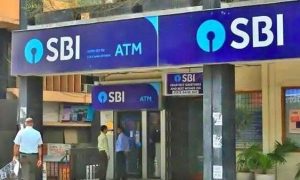This will be followed by an RTPCR test on eighth day. The new standard operating procedure will be valid with effect from January 11, 2022, until further order.
Amid a steep rise in the COVID-19 cases in the country, the government on January 7 mandated that all international passengers coming to India will have to undergo home quarantine for seven days.
This will be followed by an RTPCR test on the eighth day. The new standard operating procedure will be valid with effect from January 11, 2022, until further order, said the new government circular.
According to the circular, people willing to travel to India will have to submit complete and factual information in self-declaration form on the online Air Suvidha portal –https://www.newdelhiairport.in/airsuvidha/apho-registration.
They also need to upload a negative COVID-19 RT-PCR report, conducted within 72 hours prior to undertaking the journey. Among other details, those travellers in need to undertake testing on arrival should preferably pre-book the test online on the Air Suvidha portal.
Apart from this, the government also made it clear that those passengers transiting from at-risk countries will have to be informed by the airlines that they will undergo post-arrival testing, and will have to adhere to stringent isolation protocols if tested positive. Additionally, a set of do’s and don’ts will be provided to the passengers along with the ticket by the airlines. Downloading the Aarogya Setu app on their mobile devices is another mandatory criterion.
During travel, in-flight announcements about COVID-19 including precautionary measures have been made mandatory. If any passenger reports symptoms of COVID-19 during the journey, he or she will have to be isolated by the aviation crew as per protocol.
Post arrival at Indian airports, passengers will have to undergo home quarantine for seven days and must undertake an RT-PCR test on the eighth day. They should upload results of the RT-PCR test done on the eighth day on the Air Suvidha portal, which will be monitored by the respective state governments.
In case the results are negative, passengers have been advised to self-monitor their health for the next seven days. However, if found positive, their samples will be further sent for genomic testing at the INSACOG labs network and they will have to adhere to standard protocols of isolation.
Meanwhile, India reported a single-day rise in coronavirus infections above one lakh after 214 days, taking its total tally of COVID-19 cases to 3,52,26,386. This includes 3,007 cases of Omicron reported across 27 states and UTs, according to the Union Health Ministry data updated on Friday.
Out of the total Omicron cases reported so far, 1,199 people have recovered or migrated. Maharashtra recorded the maximum number of 876 cases followed by Delhi at 465, Karnataka 333, Rajasthan 291, Kerala 284, and Gujarat 204.





































